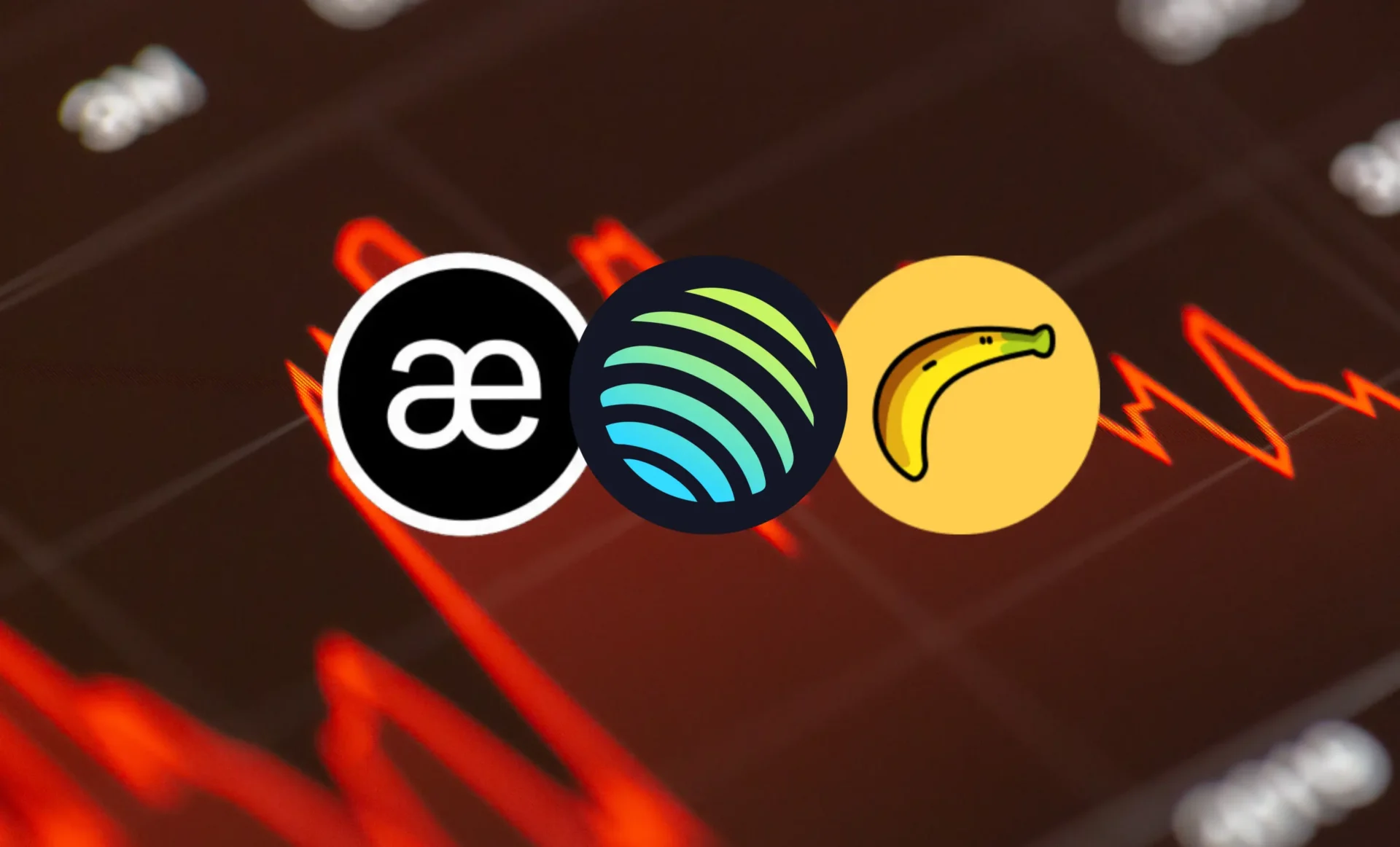New assets listed on Binance are all in the red, despite the positive H1 performance. Binance is deliberately filtering solid projects, but even technology and solid teams is not enough to boost token performance.
New tokens picked by Binance are all in the red, even after a relatively favorable market performance in 2024. New projects underperformed, despite the vetting by Binance. The exchange offers several listing tiers depending on market risk.
Trading on Binance is skewed toward blue chips, with Bitcoin (BTC), Ethereum (ETH), Binance Coin (BNB) and Solana (SOL) trading against Tether (USDT). Those market leaders make up around 80% of market volumes. Smaller coins and tokens makeup just under 20% of all trading, and may lack the liquidity to perform well and lock in gains.
But Binance also added multiple VC-backed tokens, which turned into the worst performers. Projects like Wormhole (W) and AEVO lost close to 90% of their value in the past months.
Performance of tokens listed on Binance YTD
Since the beginning of 2024, a total of 30 tokens has been listed on Binance
At the current state, most of them are showing decreases in performance to varying degrees pic.twitter.com/CdtWngUaYN
— Coin98 Analytics (@Coin98Analytics) August 6, 2024
The listings included some of the top narratives in 2024, including AI, DeFi, the Toncoin ecosystem and other Web3 projects. None of those tokens outperformed, and instead suffered deep losses due to token unlocks and general selling.
Binance, however, helped meme tokens outperform by concentrating liquidity. Pepe (PEPE), which was listed with a warning, ended up outperforming the VC-backed tokens, gaining around 800% in the year to date, even after corrections. Memes remained the best narrative in terms of net gains for the year to date. Not only are memes replacing utility projects, but the principles of forming crypto communities are changing.
Previously, utility projects performed well and tried to ensure liquidity and reputable trading. This time around, the long-expected altcoin market did not lift all assets. Investors shifted their focus to brands and memes, in addition to yield-generating protocols. The idea of a rising tide that would lift all utility tokens has not worked in this market cycle.
The tokens listed on Binance also differed in their relative strength. Some of the assets failed because they were listed after April, when liquidity started to contract. Most tokens performed worse relative to Ethereum (ETH), but held up when compared to Optimism (OP), one of the large-scale L2 projects.
Some of the Binance listings arrived after airdrop periods, where owners were already looking for liquidity to sell. Even highly active tokens like Banana Gun (BANANA) peaked right after the Binance listing, and have been cut down by selling since then. BANANA peaked above $80 then went on to slide to $35 on increased trading volumes. Binance immediately made up for nearly 30% of all BANANA activity and early holders sold after the project’s relaunch.
BANANA was expected to become a top 50 token due to its utility, but still remains at position 286 based on its total market cap. Binance listings also often come with campaigns, where the price rallies in the short term, but corrects later.
Jupiter (JUP) turned into an outlier
Jupiter DEX saw its token outperform all other Binance listings. JUP is part of the Solana ecosystem and gained exposure due to the meme hype. JUP is still in the green for the past 12 months, trading at $0.89, though far from its yearly peak at $1.80.
JUP has only 1.3B of its 10B supply in circulation, and the team controls 40% of the tokens. But the lead developer reassured the community that the tokens would not be sold to undermine the market. Additionally, Jupiter DEX developed a revenue sharing program based on a widely used DeFi product.
JUP tokens will have to absorb a cliff unlock in early 2025, with accelerated inflows of new tokens until 2027. Currently, JUP is 63.51% unlocked, but most of the tokens are vested and will be released gradually.
The JUP token also grows due to the social media presence of its founder, known as @weremeow. The project also carries native liquidity for some of its products, and aims to become an everything-market for on-chain settlement.
The Jupiter perpetual DEX also carries more than $625M in liquidity, while the Jupiter aggregator does not carry funds, but aggregates $712.12M in daily volumes.
Cryptopolitan reporting by Hristina Vasileva





